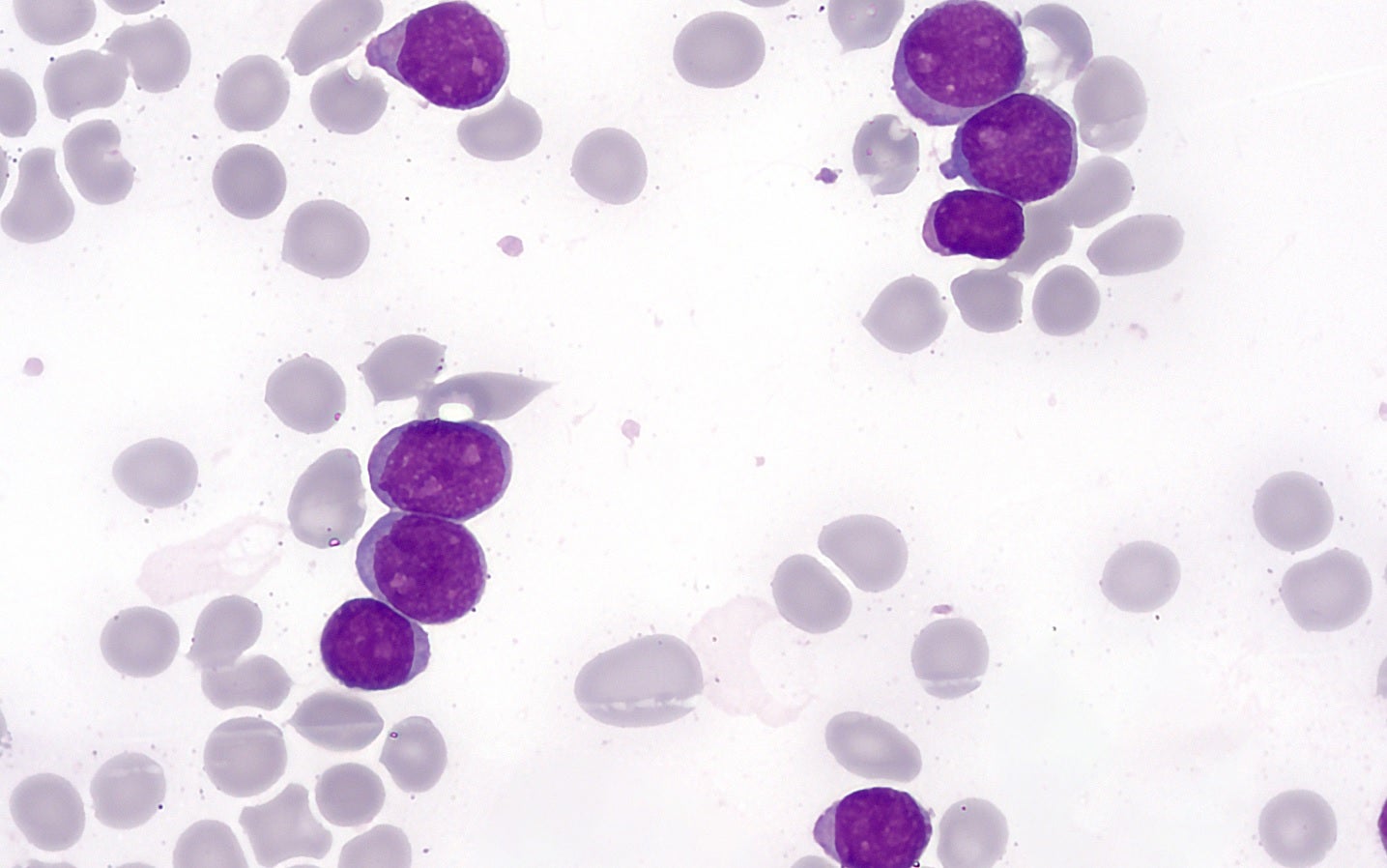
Japan’s Pharmaceuticals and Medical Devices Agency (PMDA) has granted clearance for Priothera to commence the pivotal global Phase III MO-TRANS trial of mocravimod in patients with Acute Myeloid Leukemia (AML) undergoing allogeneic haematopoietic cell transplant (HCT).
The Phase III MO-TRANS trial has been designed for evaluating the safety and efficacy of mocravimod as an adjunctive and maintenance therapy in the indicated patients.

Discover B2B Marketing That Performs
Combine business intelligence and editorial excellence to reach engaged professionals across 36 leading media platforms.
Priothera is conducting the trial in 15 countries including France, Japan, the US, and Israel, as well as in additional European, Asian, and Latin American countries.
The placebo-controlled, double-blind trial will evaluate the relapse-free and overall survival of two mocravimod dose levels against a placebo.
The company expects to obtain the topline data from the trial in 2025.
Priothera co-founder and CEO Florent Gros said: “Japan represents an important potential market for us and one we see as a priority as we advance the development of mocravimod in AML patients undergoing allogeneic HCT globally.

US Tariffs are shifting - will you react or anticipate?
Don’t let policy changes catch you off guard. Stay proactive with real-time data and expert analysis.
By GlobalData“With this clearance we anticipate a further uptake in patient enrolment in our MO-TRANS trial.”
Dr Takanori Teshima is the principal investigator in Japan for the Phase III study.
The synthetic, sphingosine 1 phosphate (S1P) receptor modulator mocravimod has been previously evaluated in multiple autoimmune indications.
It is being developed for enhancing the curative potential of allogeneic HCT.
In an early clinical study, the new investigational drug demonstrated a clinically relevant benefit in ahematologic malignancies patients undergoing allogeneic HCT.
Its tolerability, efficacy, and safety have been evaluated in many autoimmune indications in Phase I and Phase II trials.





